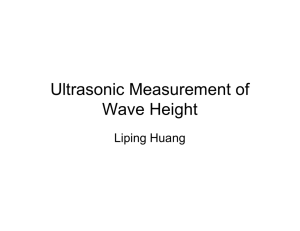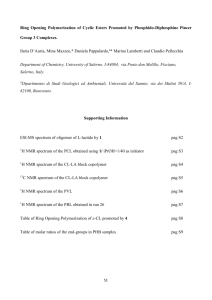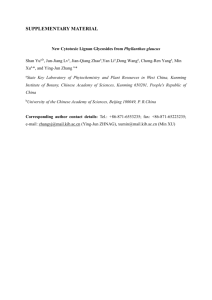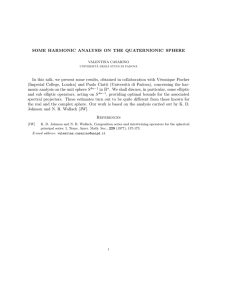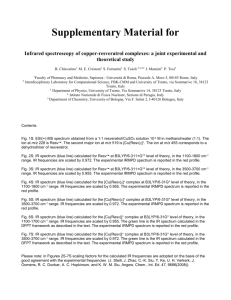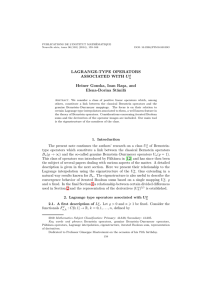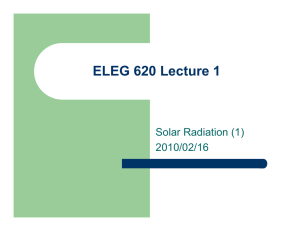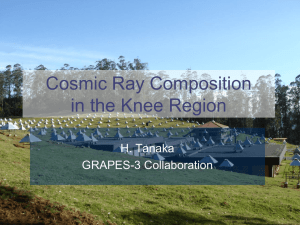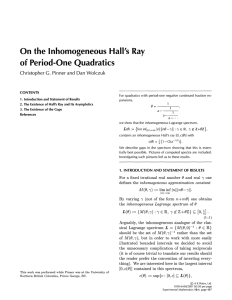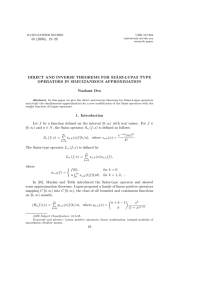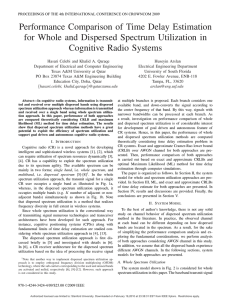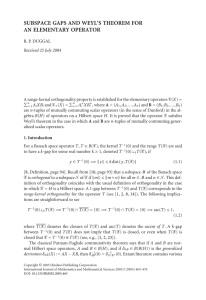Discreteness of the spectrum of Schrödinger operators with non
advertisement
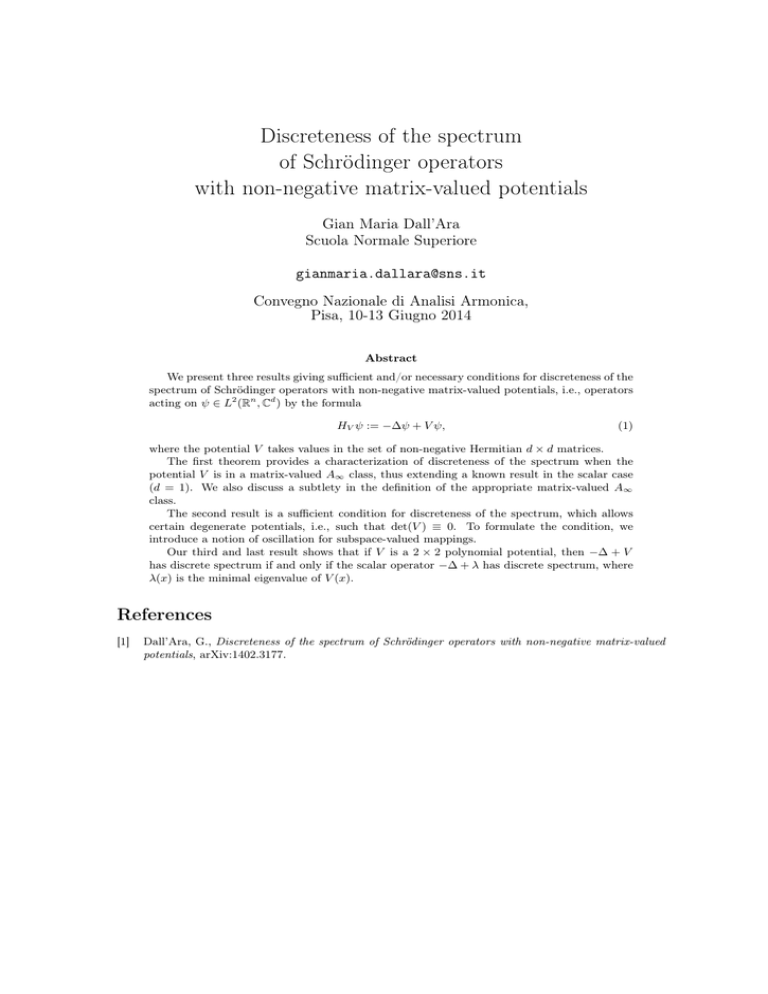
Discreteness of the spectrum of Schrödinger operators with non-negative matrix-valued potentials Gian Maria Dall’Ara Scuola Normale Superiore gianmaria.dallara@sns.it Convegno Nazionale di Analisi Armonica, Pisa, 10-13 Giugno 2014 Abstract We present three results giving sufficient and/or necessary conditions for discreteness of the spectrum of Schrödinger operators with non-negative matrix-valued potentials, i.e., operators acting on ψ ∈ L2 (Rn , Cd ) by the formula HV ψ := −∆ψ + V ψ, (1) where the potential V takes values in the set of non-negative Hermitian d × d matrices. The first theorem provides a characterization of discreteness of the spectrum when the potential V is in a matrix-valued A∞ class, thus extending a known result in the scalar case (d = 1). We also discuss a subtlety in the definition of the appropriate matrix-valued A∞ class. The second result is a sufficient condition for discreteness of the spectrum, which allows certain degenerate potentials, i.e., such that det(V ) ≡ 0. To formulate the condition, we introduce a notion of oscillation for subspace-valued mappings. Our third and last result shows that if V is a 2 × 2 polynomial potential, then −∆ + V has discrete spectrum if and only if the scalar operator −∆ + λ has discrete spectrum, where λ(x) is the minimal eigenvalue of V (x). References [1] Dall’Ara, G., Discreteness of the spectrum of Schrödinger operators with non-negative matrix-valued potentials, arXiv:1402.3177.
